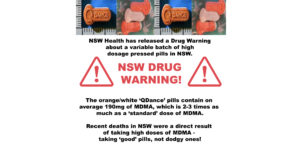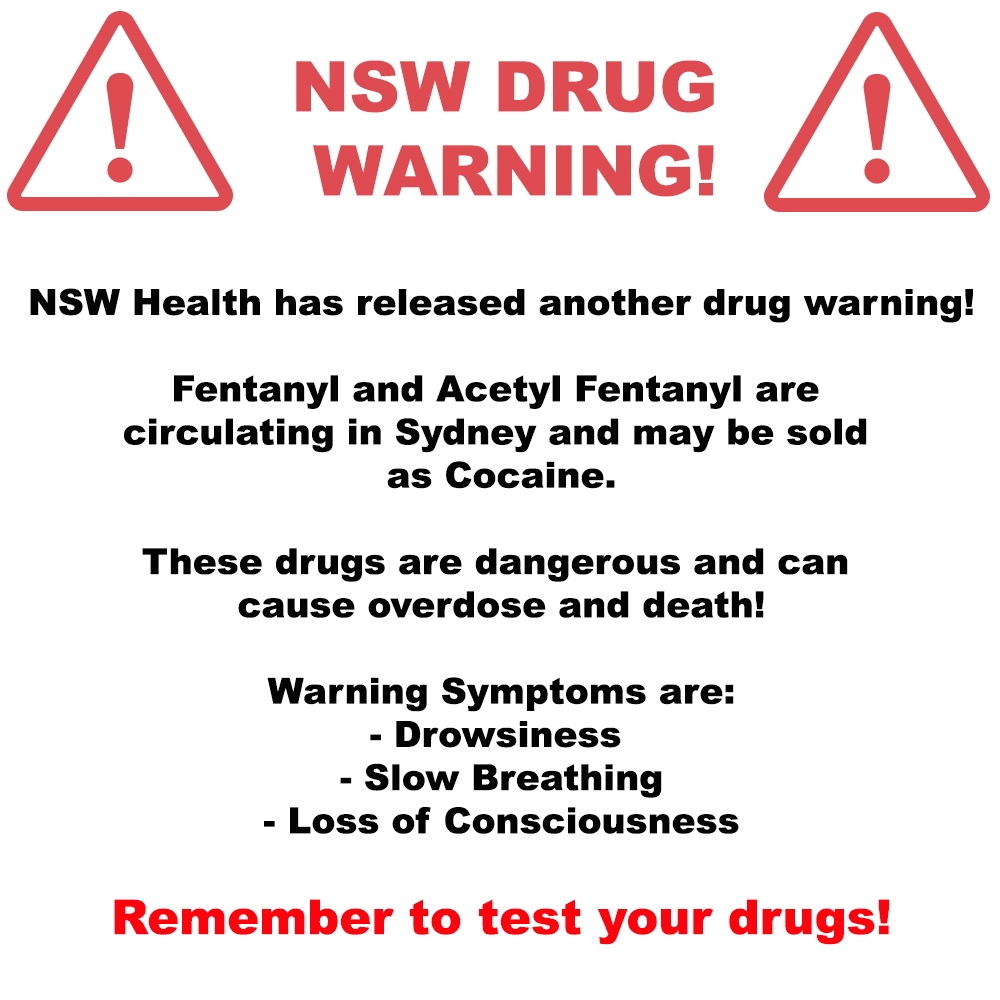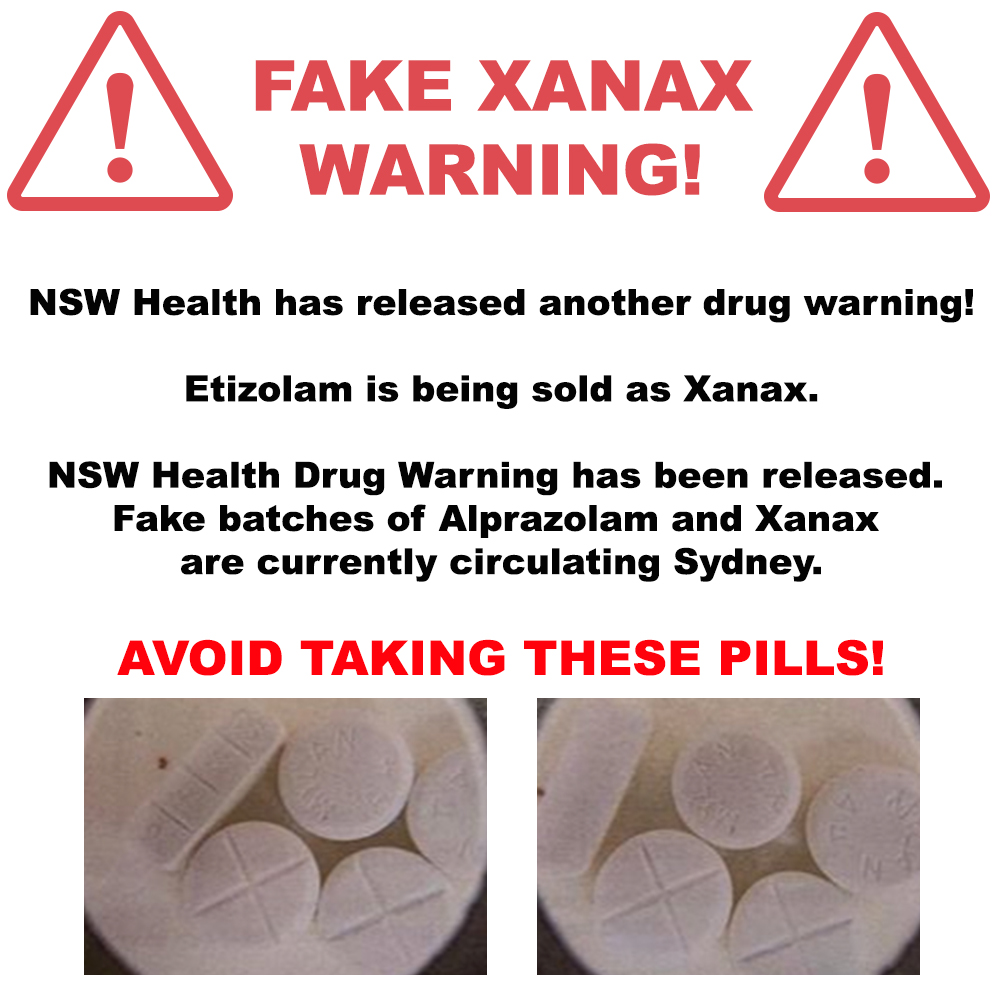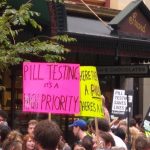Drug Alerts: Warning the Public About Toxic Batches of Illicit Drugs

According to ex-Victoria police sergeant Greg Denham when a dodgy batch of ecstasy caps – which ultimately resulted in the deaths of three people – were being distributed around Melbourne’s Chapel Street in early 2017, the police were aware of them, but kept it to themselves.
This is despite harm reduction advocates, like Denham, having long called for an organised system, whereby this sort of drug information is not only available, but it’s sent out on alerts through a network of organisations that can warn the public not to take toxic drugs being sold on the street.
The war on drugs has been hailed an abject failure. And a prime example as to why is that prohibition has resulted in a rise in the availability of illegal drugs, as well as increased levels of consumption. And without any quality control, no one has any idea of what they’re actually taking.
However, in the wake of the five tragic deaths over the 2018-19 NSW music festival season, and a subsequent coronial inquiry recommendation that drug alerts be distributed in response, NSW Health in conjunction with NUUA, along with other key players, have launched such a system.
Reducing the harms
“The alerts started in December 2019 and a group of stakeholders that includes NUAA considers whether an alert should be issued and the messaging around it,” said NUUA (NSW Users and AIDS Association) CEO Dr Mary Ellen Harrod.
“NUAA’s role is to advise at the committee level and then get the message out to our communities,” the long-term harm reduction expert told Sydney Criminal Lawyers, who, incidentally, will be distributing the drug alerts from now on.
Dr Harrod explains that four alerts have been distributed so far through her organisation’s social media channels. And the most recent one regarding fentanyl circulating in Sydney attracted media attention and therefore, a significantly broader reach.
“Routine drug alerts allow us to get the harm reduction messaging right and community partners can create more effective messages and promote them in networks that government cannot access,” Harrod continued, adding that those involved are still perfecting the system.

It’s how they do it in Europe
The EU Early Warning System has been monitoring drug developments and sending out public health alerts across Europe since 2005. It has a huge information sharing database that spans across 30 national early warning mechanisms, which are partly informed by pill testing operations.
Besides the obvious saving of people’s lives on the spot, another benefit of having pill testing services in NSW would be that the professionals running them could share information about bad drugs with the wider public, so potentially fatal substances are not consumed.
And while the Berejiklian government still refuses to allow pill testing – as certain European nations have done since the early 90s – it has begun using amnesty bins at festivals, where people can dispose of drugs, although as yet these discarded samples aren’t being tested for warning purposes.
“We need a drug alert system to reduce harm by getting good credible information to people on the ground,” Dr Harrod concluded. “Such a system will reduce death and injury.”








